Thinness, malabsorption laboratory test
It is recommended to perform the tests included in the package in case of abnormal thinness. The package examines the possible causes of this, the levels of substances absorbed from the digestive system, vitamin and iron deficiencies, differences in hormones that affect digestion, and wheat hypersensitivity.
Abnormal thinness can result not only from insufficient protein and carbohydrate intake or excessive fasting due to the body’s self-image, but also from malabsorption. In the case of malabsorption, the absorption surface is damaged in some way, as a result of which the intestinal villi start to dwindle, in the worst case they completely wither. As a result, the surface of the mucous membrane smooths, which prevents the absorption of nutrients that are essential for the normal functioning of the body. In addition to significant weight loss, abdominal cramps, diarrhoea, bloating, nausea and vomiting may occur due to malabsorption.
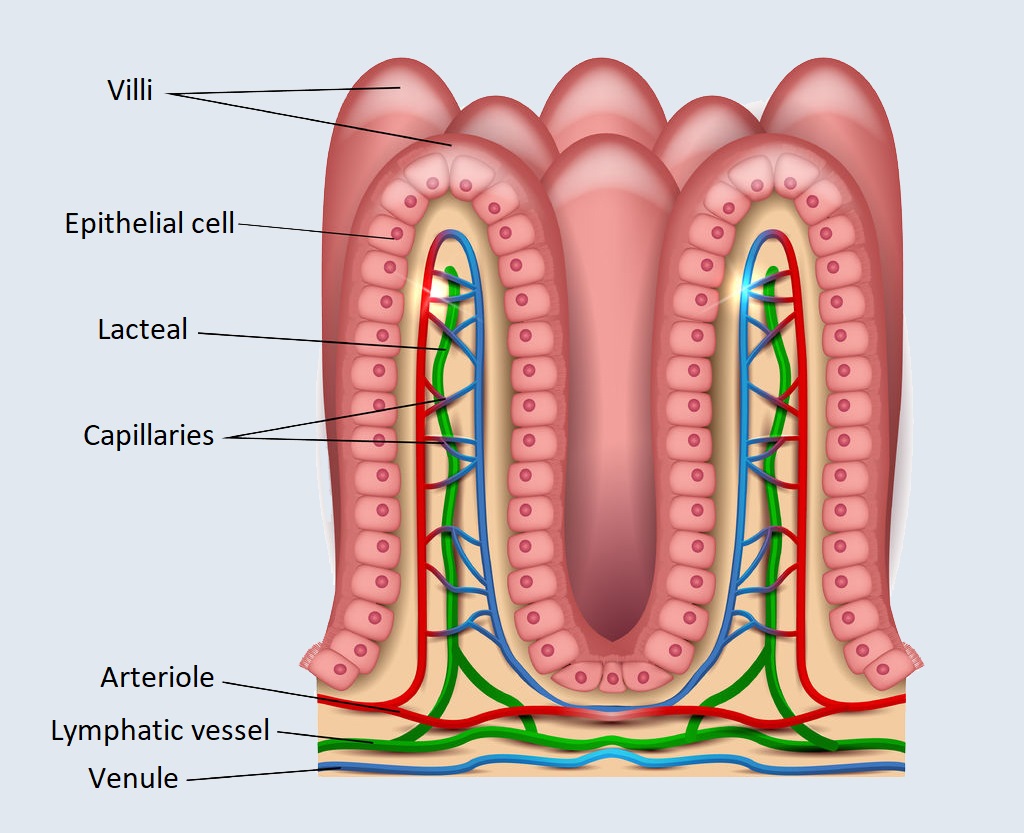
What are intestinal villi and what is their role?
The absorption of nutrients takes place in the small intestine, the inner surface of which is increased by the intestinal villi (microvilli). Intestinal villi are tiny protrusions of the mucosa where blood vessels, lymphatics, and nerves run along their axis. With the help of surface-enhancing formations, the absorption of nutrients is much more efficient.
Gluten sensitivity
In case of gluten sensitivity, the intestinal villi in the small intestine can be easily damaged and flattened, which also inhibits the absorption of nutrients. An unrecognized or untreated disease can cause thinness, iron deficiency, headaches, broken nails, hair loss, and other more serious complications.
Laboratory test items for malabsorption
Blood count
White and red blood cell, haemoglobin and haematocrit, platelet counts, and red blood cell and white blood cell parameters are examined. White blood cells are found throughout the body, both in the blood and in the lymphatic system. The hormone that stimulates the production of red blood cells is the erythropoietin, which is produced by the kidneys. Red blood cells carry oxygen in our bodies and also play an important role in transporting carbon dioxide.
Blood sugar
It is used to determine the level of glucose in the blood. It can be used to detect diabetes (diabetes mellitus) and to control the blood sugar level of a diabetic. The most important hormones in regulating blood sugar are insulin, which lowers blood sugar, and glucagon, which raises blood sugar. Both are produced by the pancreas. Blood sugar levels can be measured at any time of the day, but if the blood is not taken on an empty stomach, the result will be affected by the food and drink consumed, and physical activity.
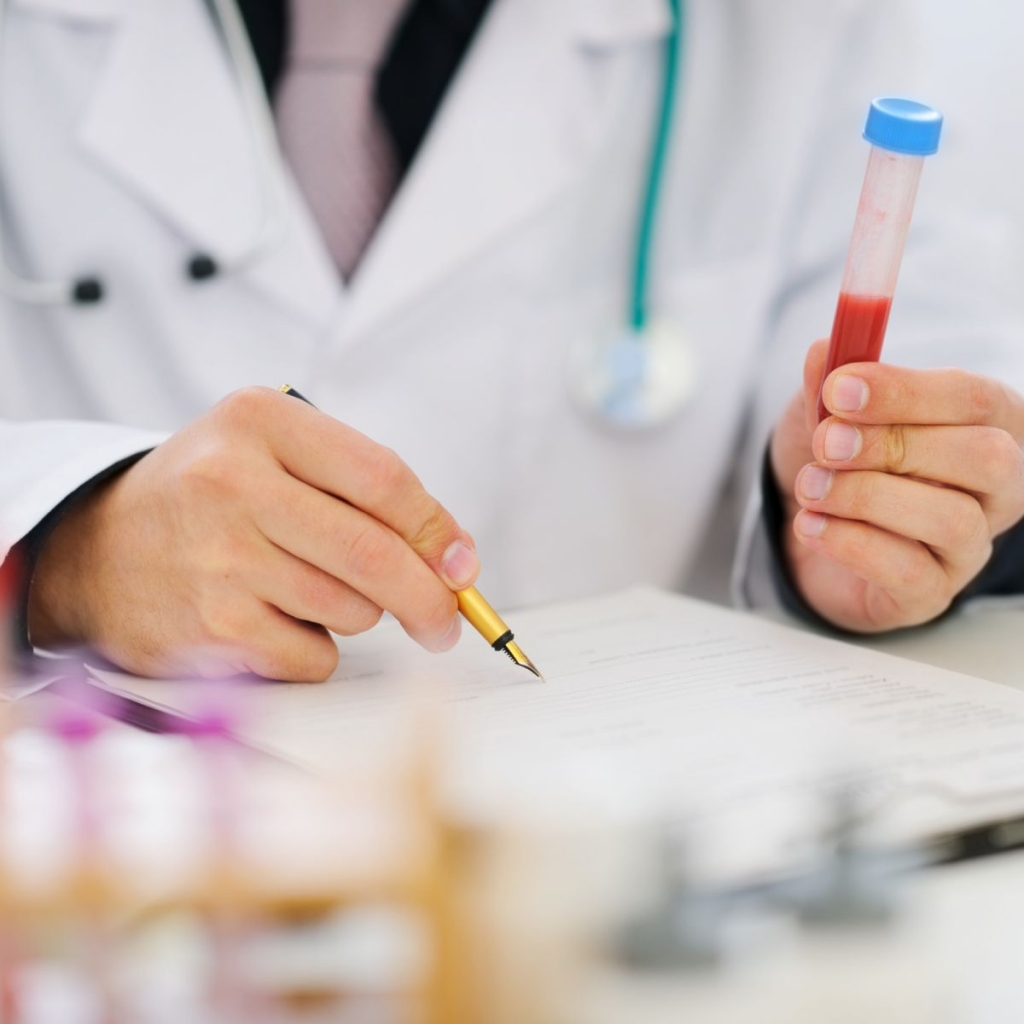
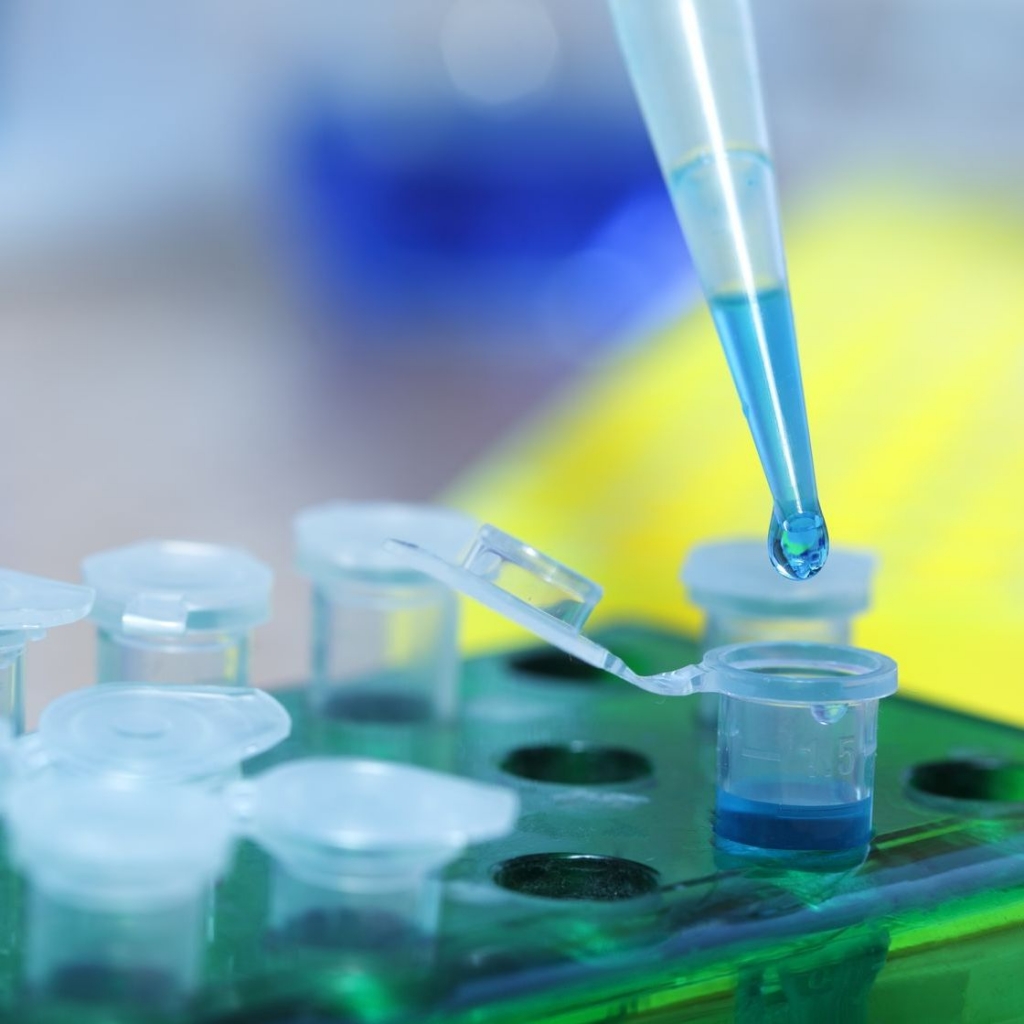
Total protein
Proteins are giant molecules made up of amino acids with similar chemical structure, which can be diverse in terms of their function and properties. The total serum protein consists of more than a hundred proteins. Excessively low protein levels can be caused by malabsorption and inadequate food intake.
Albumin
The body’s most important binding and transporting protein. It is produced in the liver. Low levels indicate liver damage and high levels indicate dehydration.
Calcium
The normal value of the total calcium concentration is between 2.2-2.6 mmol/l, the ionized calcium (which is responsible for the proper nerve and muscle excitability) is between 1-1.2 mmol/l.
Phosphorus
Phosphorus is a mineral that is found in large amounts in the body. More than three-quarters of the 700-800 grams found in the adult body are incorporated into bones in the form of organophosphorus salts. It plays an important role in protein synthesis, enzyme and nervous system function, bone regeneration, and protein, carbohydrate, and fat metabolism.
Sodium
Sodium is involved in muscle function, acid-base balance, nerve transmission in the nervous system, regulation of fluid balance, and carbohydrate and protein metabolism.
Potassium
Potassium is a mineral that mostly accumulates inside cells, from which the body needs 2-3 grams a day. It plays an important role in tissue function, the body’s acid-base balance and the regulation of blood sugar levels. Potassium ion measurement provides important information about the body’s fluid balance and hormonal effects.
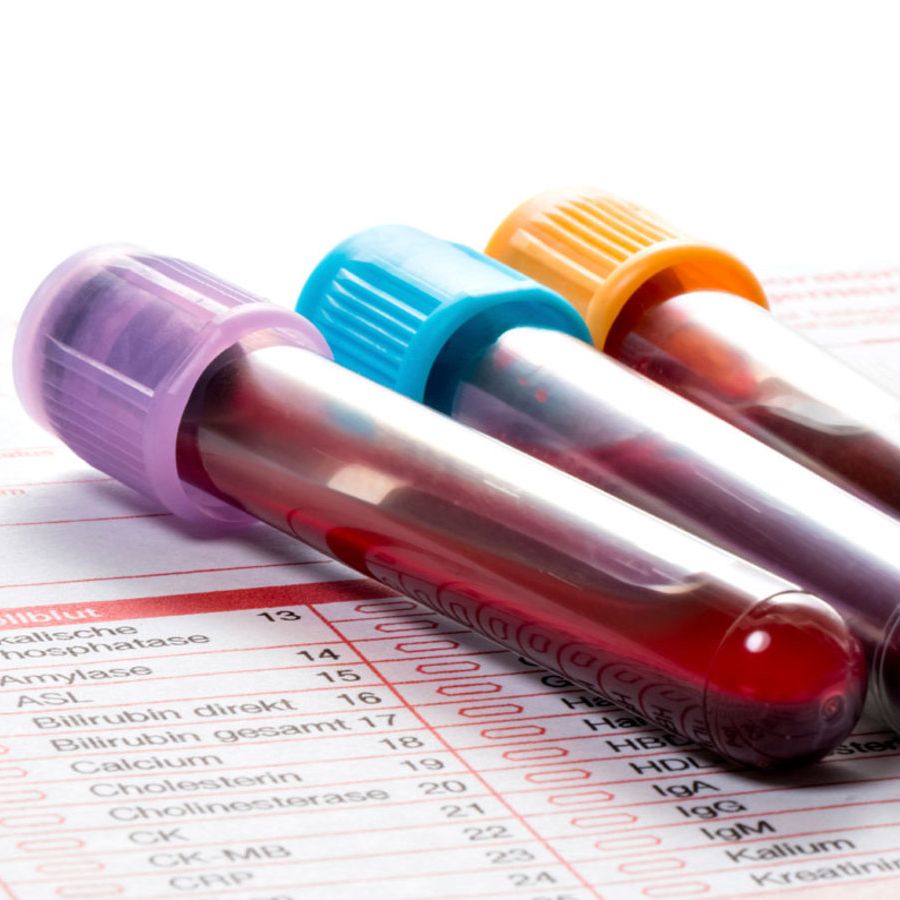
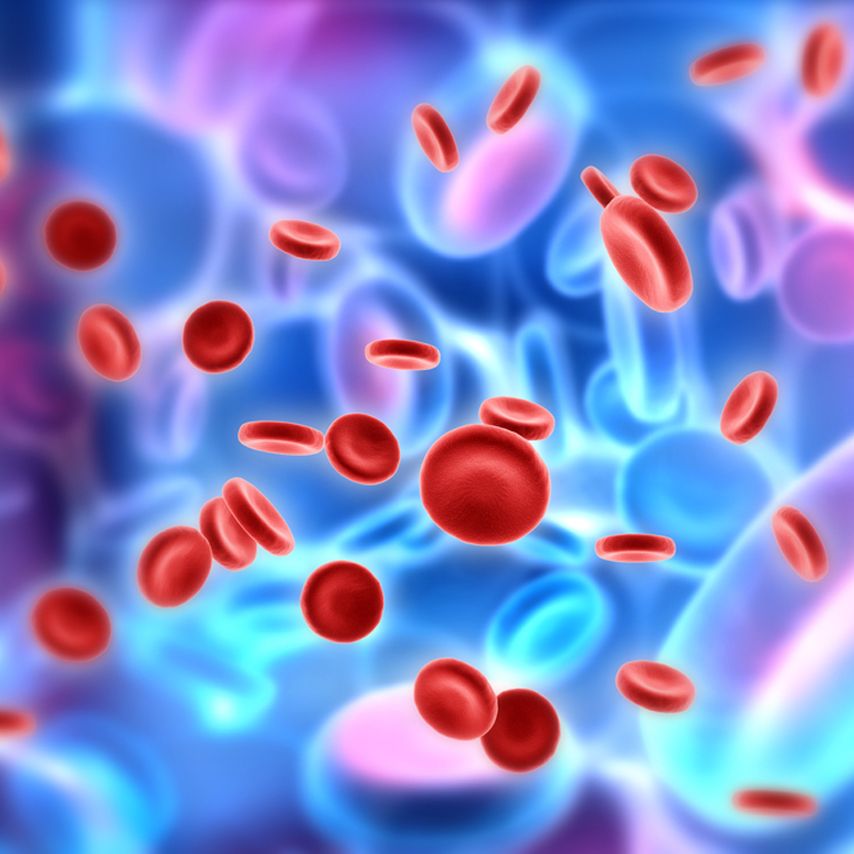
Cholesterol
Cholesterol is produced in the highest amount by the liver in the human body, but some of it is taken in with food. It plays a significant role in the structure of cell membranes. The cholesterol produced by the liver is needed to produce bile.
HDL cholesterol
It is also referred to as “protective” or “good” cholesterol because it transports cholesterol deposited in the blood vessel wall back to the liver where it is broken down.
LDL cholesterol
It is mostly known as “bad” cholesterol. It transports cholesterol from the liver to the cells. When the body accumulates more cholesterol than it needs, the excess cholesterol is deposited in the walls of the blood vessels.
Triglycerides
Triglycerides (neutral fats) are the main components of dietary fats (e.g. butter, lard) that provide energy to our bodies. While some of the fat that enters the body covers energy needs, the remaining, unused portion is stored in adipose tissues. In case of excessive carbohydrate intake, our own body also produces triglycerides.
Liver function
Liver function tests provide information about the inflammatory status of the liver, bile secretion, and the hepatotoxic effects of medications, alcohol, drugs, and other toxic substances.
Iron
It is an important component of haemoglobin, the main oxygen-carrying protein in the blood. In the case of iron deficiency, the oxygen-carrying capacity of the blood decreases.
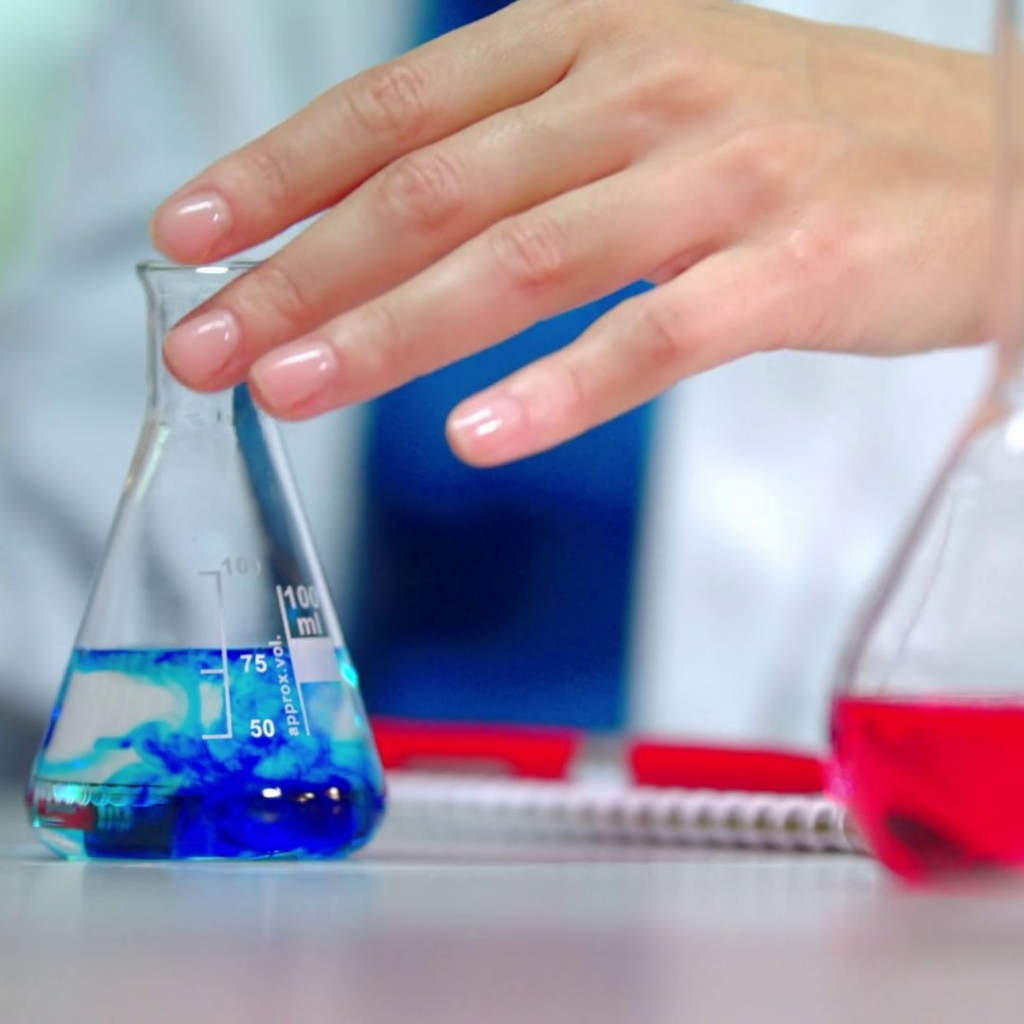

Transferrin
A protein produced in the liver that stores iron for later use. In the case of iron deficiency, its level decreases. Elevated levels may occur in chronic inflammation or cancer.
Ferritin
A protein produced in the liver that stores iron for later use. In the case of iron deficiency, its level decreases. Elevated levels may occur in chronic inflammation or cancer.
B12
In case of malabsorption, malnutrition and continued unhealthy lifestyle, it is recommended to request a test. The human body is not able to synthesize, it absorbs the required amount with food. Vitamin B12 is essential for tissue and cell regeneration and DNA synthesis. Folic acid and vitamin B12 – in addition to the proper functioning of the nervous system – are essential for cell division and are therefore extremely important during foetal development.
Folic acid
Folic acid plays an important role in amino acid and nucleic acid metabolism and haematopoiesis. Folic acid deficiency is usually caused by inadequate nutrition – insufficient intake.
Prothrombin
Prothrombin is a coagulation factor produced by the liver. The prothrombin time (PT) test measures how long it takes for a clot to form. The result of the PT test can be measured in seconds.
Vitamin D
Collective name of fat-soluble vitamins (D1, D2, D3) stored in the body. Its intake is possible not only through sunlight, but also through nutrients (cod, eggs, dairy products).
Celiac specific antibodies
The test aims to detect autoantibodies that the immune system produces in response to dietary proteins (gluten and gliadin) in wheat, barley and rye. The produced autoantibodies cause inflammation in the intestines and damage the intestinal walls, causing symptoms associated with malnutrition and malabsorption.
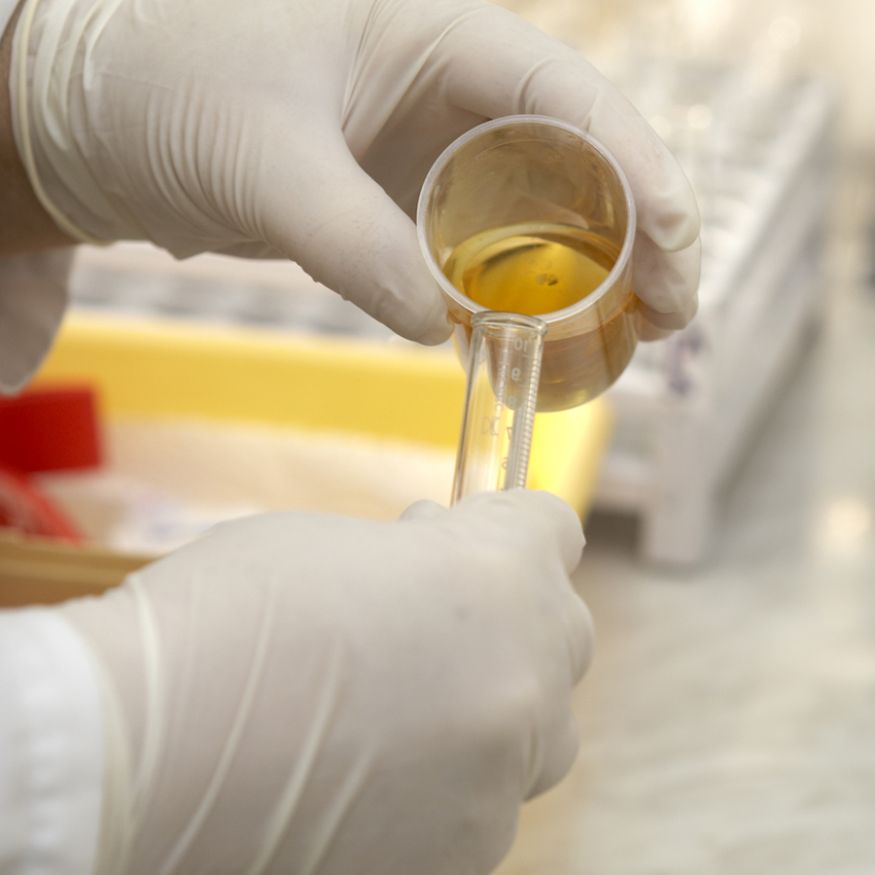
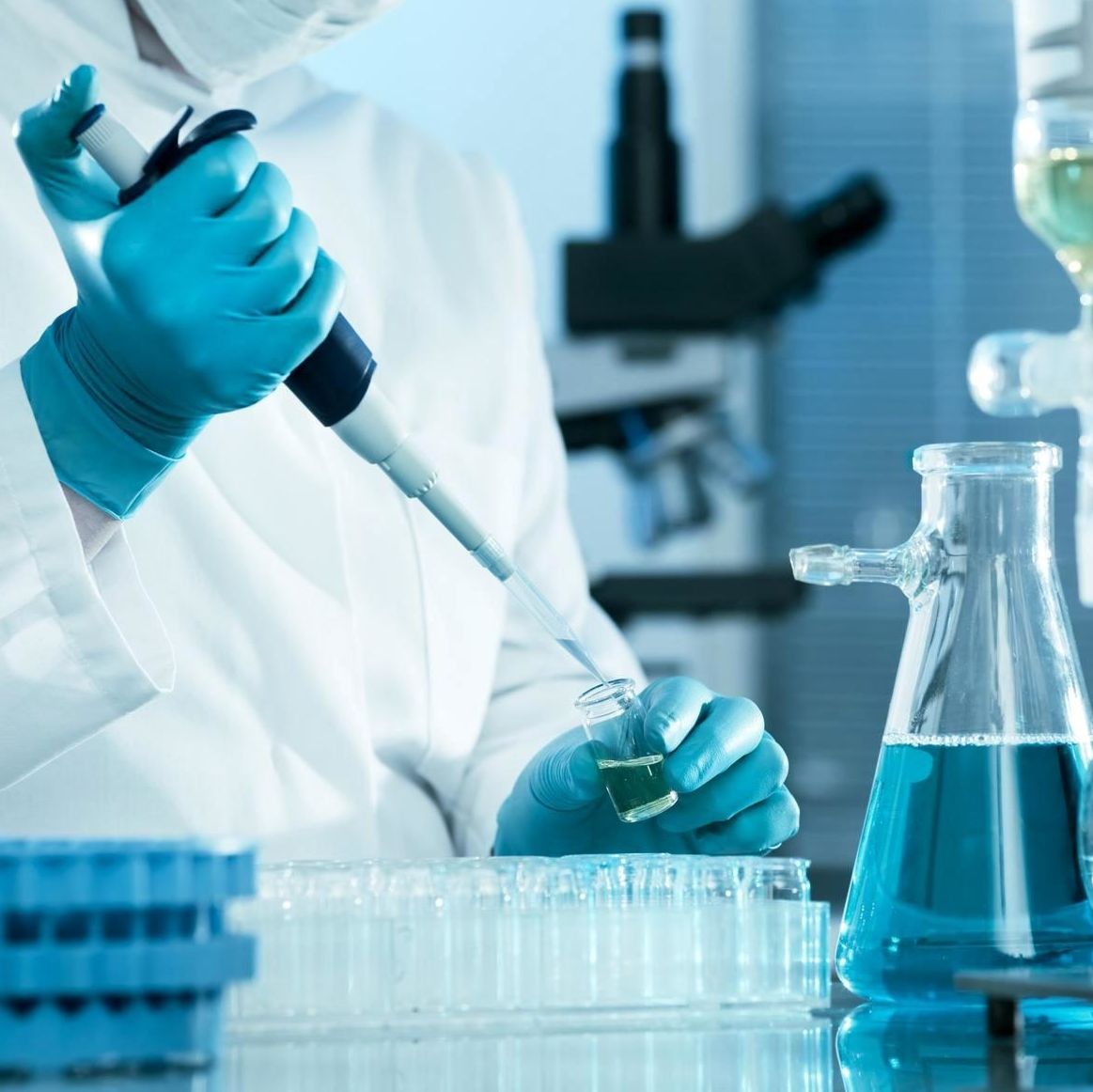
Cortisol
Cortisol is a steroid hormone produced in the adrenal cortex. It plays an important role in regulating blood pressure, digesting food, and physiologically adapting to stressful situations.
In the liver, it promotes the breakdown of starch (glycogen) into glucose, the breakdown of fats and proteins, and the production of sugars from amino acids (gluconeogenesis). It has antiallergic and anti-inflammatory effects. Cortisol levels are normally high in the morning and then decrease during the day.
TSH (thyroid stimulating hormone)
A protein that is produced by the pituitary gland, not the thyroid gland, and is needed for the thyroid gland to function properly. If the value of TSH is increased, we talk about hypothyroidism, if the value of TSH is significantly decreased, we can often talk about hyperthyroidism.
The results of the laboratory test for malabsorption alone are not sufficient to make a diagnosis. If your complaints persist, our experienced internal medicine specialists are at your disposal.
How do I prepare for the test?
A laboratory test for malabsorption looking for the causes of thinness requires an empty stomach. Due to changes in the daily rhythm of cortisol, blood is always drawn between 8 and 10 am.
When is the result expected?
After the 7th working day following the test.


